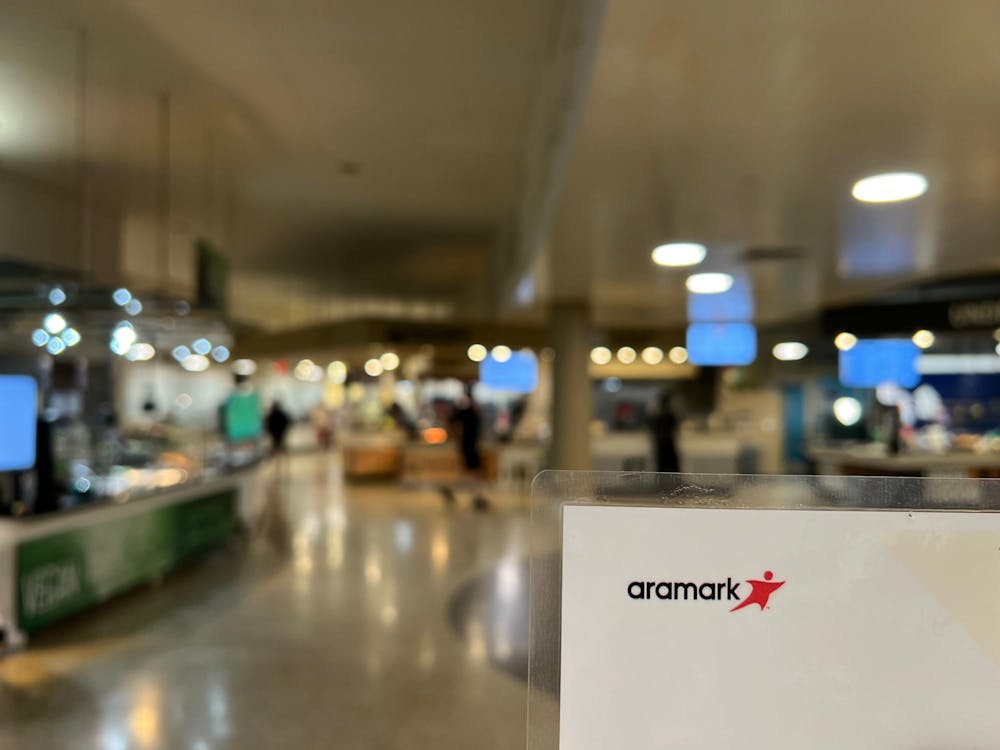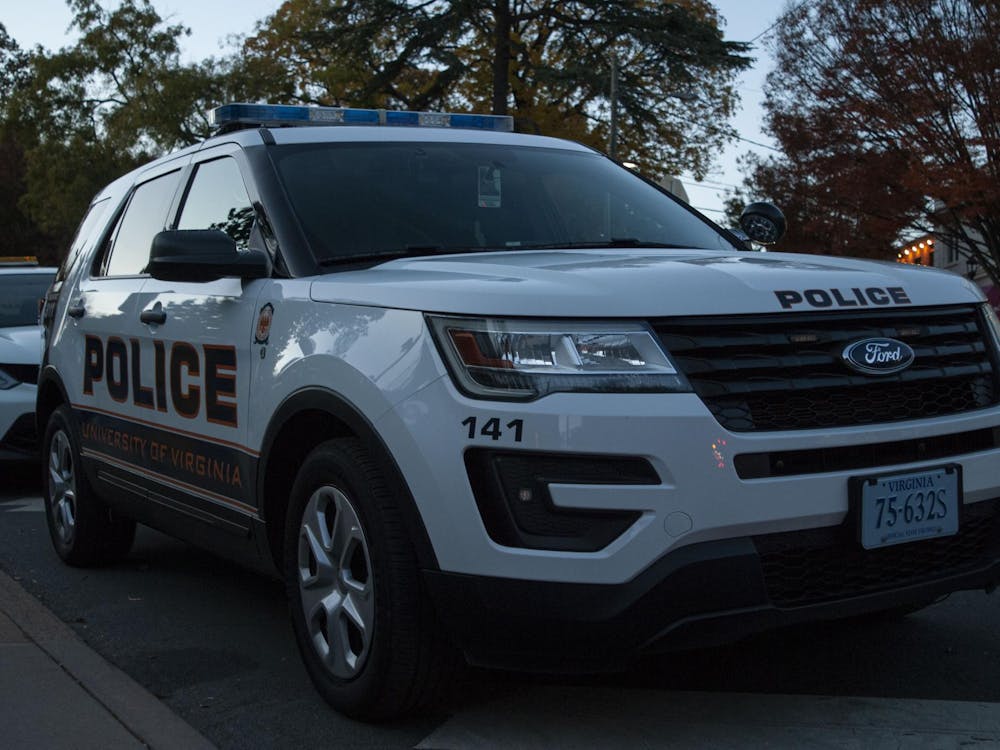Attorneys presented opening arguments yesterday in the murder trial of former University student Andrew Alston, following four-and-a-half hours of jury selection.
Alston is charged with the second-degree murder of Charlottesville resident Walker Sisk, 22, in an early-morning altercation on Nov. 8, 2003. He faces a mandatory sentence of five to 40 years in prison if convicted.
During an hour-long opening statement, Asst. Commonwealth Attorney Jon Zug used a map of the Corner district to recreate the events surrounding Sisk's death.
Leading up to the alleged attack, Zug described an altercation between Sisk and one of Alston's friends after a night of heavy drinking. Zug said toxicology reports conducted during Sisk's autopsy indicate a blood alcohol level of 0.21, nearly three times the legal limit.
Both the defense and the prosecution contend that Alston played the role of "peacemaker" during much of the exchange, though "the two never got close enough for a fight," Zug said.
When directly confronted, however, Zug said Alston pulled out a pocketknife and ruthlessly attacked Sisk, a local volunteer firefighter.
The fatal blow, both sides agreed, struck Sisk between his fourth and fifth rib, puncturing his left lung and rupturing his left ventricle. Zug suggested the stabbing was an excessive and unnecessary use of force that occurred toward the end of the struggle.
Though generally stoic during theproceedings, Alston seemed visibly shaken during Zug's narration of the killing. In stark contrast to the standard-issue black-and-white jumpsuit he wore in earlier preliminary hearings, Alston appeared yesterday clean-shaven, dressed in a black suit and red tie with shackles at his ankles. Alston blinked profusely to hold back tears during Zug's account.
Defense attorney Andrea Moseley offered an alternate explanation of the altercation in her opening remarks, indicating that the fatal blow was delivered early on as the two fought for control of the knife. In Moseley's version of the events, Sisk gained control of the weapon long enough to slash Alston's hand, leaving a blood trail as Alston fled.
"There are no winners in this struggle -- only losers," Moseley said. "That is why it is such a tragedy."
Sisk's family members in the audience stirred uneasily at Moseley's suggestion that Sisk was an aggressor in the altercation. Zug insisted in his remarks that Alston's wound was self-inflicted.
The defense also suggested in its opening statement that forensic evidence would play a large part in the trial, with several crime scene experts scheduled to testify. Moseley said the evidence clearly indicates that Alston acted out of fear of bodily harm.
"In self-defense, he saved his own life," she said.
The prosecution, on the other hand, hinted that eyewitness accounts would provide the backbone of its case against Alston. According to Zug, Sisk suffered 17 stab wounds in the altercation.
During jury selection yesterday morning, both sides struggled to find jurors that had not seen prior media accounts of the murder. Eventually both sides agreed on 13 potential jurors.
The trial resumes 9:30 a.m. today at Charlottesville Circuit Court and is expected to continue until at least next Tuesday.






